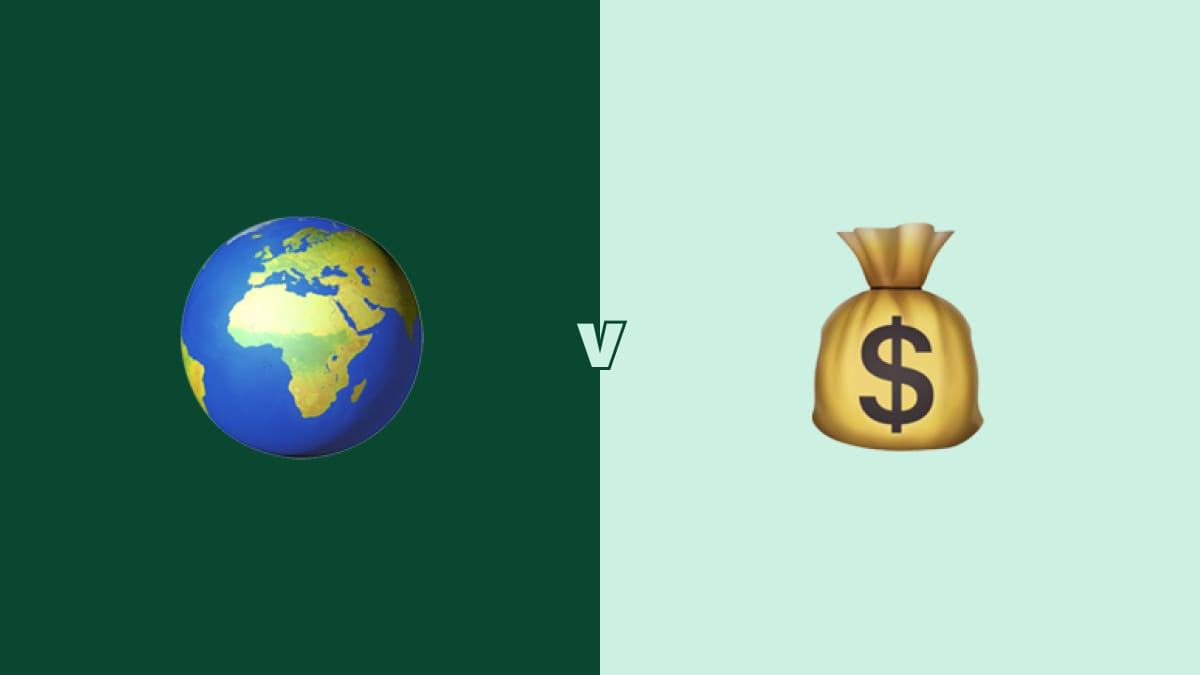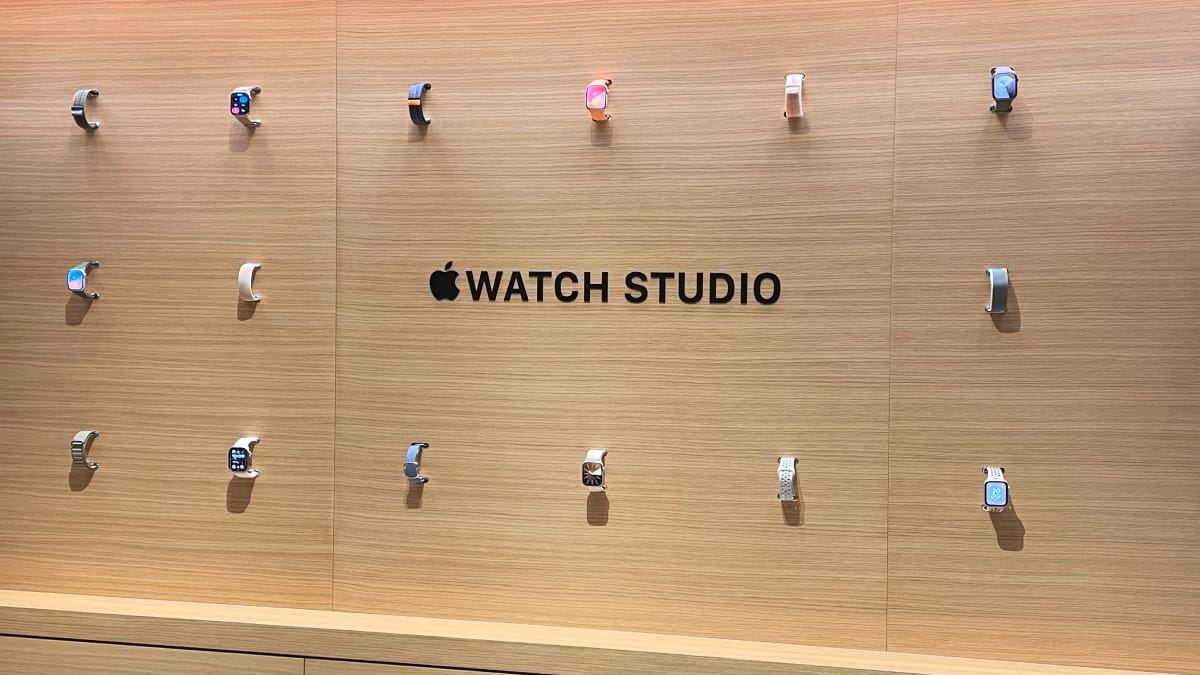If you know me, you know I like a good Apple product.
In fact, you could say, I’m a little obsessed.
On Monday of this week, Apple held its annual event for releasing their most crucial products: iPhone, Apple Watch, and AirPods.
Before I share a summary of the event, I must answer an important question that I am often asked by my friends and relatives the moment they realise a new iPhone is on the shelves:
Are you buying the new iPhone this year?
My answer is No.
It’s not because of my focus on personal finances.
And it's not because these updates are the most minor year-over-year improvements in memory.
It's because I'm finding ever more enjoyment from making things last.
I'll admit, it feels easy to say this when both my devices are barely one year old. Let's see where my mind is at next year.
More than ever, though, I see the cost of a new iPhone or any gadget beyond the price tag. The materials, the processes, the energy, the shipping.
Even if Apple is pushing for a more sustainable supply chain, and reducing their emissions as fast as they can, there's nothing more sustainable than using your devices for longer.
So, my purchasing decision aside... what did Apple release?
iPhone 16 and 16 Pro
Don't get too excited.
The iPhone 16 has some beautiful new colours, a new camera bump (similar to iPhone X but with larger lenses), and gets the new Camera Button. This is a clever button with a touchpad to make it easy to snap, zoom, and focus the camera.
iPhone 16 Pro got a shiny titanium bezel, the new camera button, and an assortment of other camera upgrades. It also now comes in a delightful gold colour.
One of the most controversial aspects of the launch of the new iPhones is Apple touting their ability to run Apple Intelligence.
Apple's own AI features make it easier to write and edit text, edit photos, and speak to Siri.
The small detail is that Apple Intelligence features aren't ready yet — so a lot of the great new functionality isn't on these new phones from day one.
If you've been holding off getting a new iPhone for many years, then these new devices are just great. As Apple always likes to say — they're the best iPhones they've ever made. Thank goodness for that!
If you have one of last year's models, these are only small updates — this is to be expected in the 16th generation of any product, so you won't miss out on much if you only have an iPhone 15.
Apple Watch
Apple Watch reached a milestone: Series 10.
I remember my original "Series 0" Apple Watch and recall how much I enjoyed its introduction as a hugely anticipated product.
The Apple Watch persuaded me to wear a watch for the first time since school, and has been a sidekick for making me a healthier, fitter human. I also


